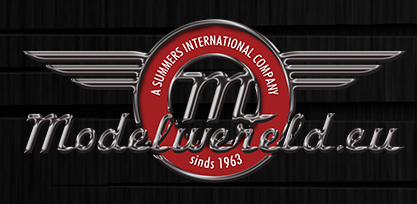Sweden's Flygvapnet first recuperated four of the P-51s (two P-51Bs and two early P-51Ds) that had been diverted to Sweden during missions over Europe. In February 1945, Sweden purchased 50 P-51Ds designated J 26, which were delivered by American pilots in April and assigned to the F 16 wing at Uppsala as interceptors. In early 1946, the F 4 wing at Östersund was equipped with a second batch of 90 P-51Ds. A final batch of 21 Mustangs was purchased in 1948. In all, 161 J 26s served in the Swedish Air Force during the late 1940s. About 12 were modified for photo reconnaissance and re-designated S 26. Some of these aircraft participated in the secret Swedish mapping of new Soviet military installations at the Baltic coast in 1946–47 (Operation Falun), an endeavour that entailed many intentional violations of Soviet airspace. However, the Mustang could outdive any Soviet fighter of that era, so no S 26s were lost in these missions. The J 26s were replaced by De Havilland Vampires around 1950. The S 26s were replaced by S 29Cs in the early 1950s.
The RAF was the first air force to operate the Mustang. As the first Mustangs were built to British requirements, these aircraft used factory numbers and were not P-51s; the order comprised 320 NA-73s, followed by 300 NA-83s, all of which were designated North American Mustang Mark I by the RAF. The first RAF Mustangs diverted from American orders were 93 P-51s, designated Mark IA, followed by 50 P-51As used as Mustang IIs.The first Mustang Mk Is entered service in 1941 the first unit being 2 Squadron RAF. Due to poor high-altitude performance, the Mustangs were used by Army Co-operation Command, rather than Fighter Command, and were used for tactical reconnaissance and ground-attack duties. On 27 July 1942, 16 RAF Mustangs undertook their first long-range reconnaissance mission over Germany. During the Dieppe Raid (19 August 1942) four British and Canadian Mustang squadrons, including 26 Squadron saw action. By 1943–1944, British Mustangs were used extensively to seek out V-1 flying bomb sites. The final RAF Mustang Mk I and Mustang Mk II aircraft were struck off charge in 1945.The RAF also operated 308 P-51Bs and 636 P-51Cs[74] which were known in RAF service as Mustang Mk IIIs; the first units converted to the type in late 1943 and early 1944. Mustang Mk III units were operational until the end of World War II, though many units had already converted to the Mustang Mk IV and Mk IVAs (828 in total, comprising 282 P-51D-NAs or Mk IVs, and 600 P-51Ks or Mk IVA). As the Mustang was a Lend-Lease type, all aircraft still on RAF charge at the end of the war were either returned to the USAAF "on paper" or retained by the RAF for scrapping. The final Mustangs were retired from RAF use in 1947
Twee uitvoeringen mogelijk;
- F16 Wing Zweedse Luchtmacht
- nr.249 (Goldcoast Squadron) RAF
Ook in onze winkel; te koop decal sheet 72-003 van Flevo Aviation hiermee kan men deze P-51D/K Mustang ombouwen in ML/KNIL uitvoering Uitvoeringen:
- P-51K , N3-607 '' Roosje ''
- P-51K , N3-609 '' Tonny ''
- P-51D , H-315 met optie`s voor H-235 & H-327.


